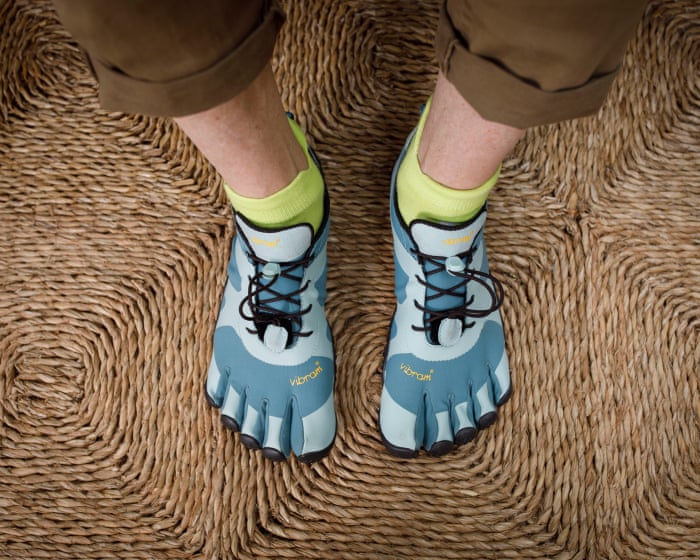A few weeks ago, I heard an Amy Poehler joke that perfectly captures how different generations view money: “Boomers are all about money. Gen X wonders, ‘Is it all about money?’ Millennials ask, ‘Where’s the money?’ And Gen Z says, ‘What is money?'”
It made me laugh—but it also struck a nerve. The joke felt painfully accurate and weirdly comforting. Maybe I’m not alone in this. As a millennial, financial insecurity has been a constant in my life, but lately, it’s become impossible to ignore. I can’t stop screaming internally: “WHERE IS THE DAMN MONEY?”
I used to ask politely. I was raised to be that grateful, well-mannered millennial—the type who believed magic happens outside your comfort zone, so I did unpaid internships in my 20s and sent thank-you emails after being underpaid. Not anymore. Hence the all-caps. I’m furious.
Maybe it’s because I’m nearing 40. Maybe it’s because I keep comparing myself to my parents, who at this age had two kids, a house, a car, a garden, and three vacations a year.
But it’s not just anger. After 15 years of nonstop work, I’m exhausted. Some days, I wonder: Is life supposed to be this hard, or am I just failing? Am I not “adult” enough when it comes to money?
I know the answer isn’t that simple—or that brutal. After days of self-doubt, I eventually think: No, this can’t just be my fault. Maybe the system was never on my side.
Millennial women like me were told to work hard and follow our passions. If you do what you love and excel at it, success will follow. Except it doesn’t. The path I chose—creative, independent—offers little long-term security, and when I look around, I see a pattern.
Recently, over dinner with three friends—two men and one woman, all around my age—we started talking about money worries. The woman, a talented sculptor, admitted she was deeply anxious. She thought hormones played a role, but mostly, it was existential. She was considering retraining, maybe teaching—anything for stability. At one point, she turned to me and asked, “How do you manage?” I said, “I juggle three jobs at once.”
Meanwhile, the two men nodded sympathetically. They also work in the arts—but with full-time jobs and permanent contracts. One just bought land. The other has tenure. The women? Freelancers. The men? Secure. Is it our fault? Couldn’t we have done what they did?
I don’t think so. Our economy doesn’t just undervalue women’s work—it depends on it. It thrives on our flexibility, unpaid labor, creative output, and willingness to “make it work.” It assumes women will absorb the risk, subsidizing culture and care with our time, energy, and savings. In creative fields, it’s especially stark: women are expected to feel lucky just to be there—to work “for exposure,” for opportunity, not pay. And that gratitude keeps us quiet, compliant—and broke.
This isn’t an accident—it’s systemic. In Germany, women across all ages earn less, save less, and live longer. If you’re single and self-employed, you’re walking a financial tightrope with no safety net. You’ll likely join the 70% of working women at risk of poverty in old age. (Recent data shows a 29.9% gender gap in retirement income.)
I can’t believe I’m saying this, but it feels like the only real safety net is a wealthy partner.
When I told a friend recently that I prefer dating… [text cuts off]When I mentioned artists, she threw up her hands in exasperation: “No! You need to find a hedge fund manager!” It reminded me of that viral meme – “I’m looking for a man in finance” – and I rolled my eyes. But she wasn’t entirely wrong. For many women, a wealthy, stable partner remains the most reliable retirement plan.
Personally, I don’t want a husband. What I truly crave is a patron—the 18th-century kind. Someone who would say, “I believe in your work. Go write. Don’t worry about anything.” Or, more realistically, universal basic income. And a proper education system for the next generation of women—one that teaches financial literacy so they don’t end up in the same predicament.
Seriously, why didn’t we learn about compound interest, mortgages, tax brackets, or pensions in school? Shouldn’t financial basics be essential if we’re supposed to become capable adults?
I’ve worked tirelessly for over a decade, building a career I’m proud of. Yet, I still hesitate before opening my banking app. I still avoid serious money conversations. I still don’t fully grasp the German tax system. I bought into the ridiculous notion that talking about money is vulgar.
Sometimes I want to shake my younger self for not making smarter choices—for not investing, planning, or consulting experts. Instead, I chased a life rich with stories, fascinating encounters, and intellectual stimulation.
And yet, part of me still clings to that idealism. Being a European millennial in our late 30s means watching the promises we grew up with crumble while holding onto something tender—maybe naive, maybe essential. We were told to dream big but prepared for little. Maybe this vulnerability—this ability to imagine a less materialistic world—isn’t just a weakness. Maybe it’s a kind of strength, playful but real.
In Istanbul, where I live now, people invest in gold. I own some gold jewelry—some inherited, some gifted—most of which I don’t like or wear. But with gold prices rising, I’ve started seeing them differently. Gold is finite; it holds value, unlike volatile stocks.
My plan? Take these pieces to a friend in the Grand Bazaar who deals in gold. There’s something poetic about transforming unworn rings and necklaces into gold plaques—a discreet stash I can keep in a velvet pouch, like a fairytale treasure. It’s a reminder of how much I still live in my imagination.
Maybe that’s the secret: keep going, keep improvising. Our boomer parents told us to follow our passions. And now? Here we are, melting down our jewelry.
Carolin Würfel is a writer, screenwriter, and journalist based in Berlin and Istanbul. She is the author of “Three Women Dreamed of Socialism.”



